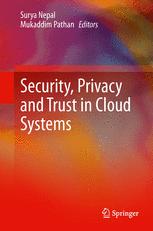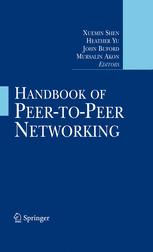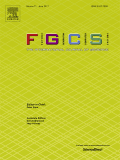Current trust and reputation management approaches usually offer rigid and inflexible mechanisms to compute reputation scores, which hinder their dynamic adaptation to the current circumstances in the system where they are deployed. At most, they provide certain parameters which are configurable or tunable. Yet, this is not enough for such heterogeneous and dynamic environments as the ones introduced by Internet of Things (IoT). In this paper we propose a rupture with this old philosophy and have therefore designed and prototyped a flexible mechanism to select the most suitable trust and reputation model to apply on-the-fly, amongst a pool of predefined ones, considering both the current system conditions and the selected performance measurements, which, to the best of our knowledge, is missing nowadays. Additionally, this mechanism guarantees a smooth transition between different computation engines avoiding abrupt changes in the computed reputation scores. Conducted experiments prove that our solution is able to identify and start up the most suitable trust and reputation model depending on the current system conditions (number of users, allocated resources, etc.) and expected performance measurements (accuracy, scalability, robustness, etc.).
Dynamic and flexible selection of a reputation mechanism for heterogeneous environments
Abstract
Related Publications

Identity Management in Cloud Systems
Book Chapter
Security, Privacy and Trust in Cloud Systems, Springer, Eds: S. Nepal, M. Pathan, Part II Cloud Privacy and Trust, ISBN: 978-3-642-38585-8, pp 177-210
Publication year: 2014

State of the art in trust and reputation models in P2P networks
Book Chapter
Handbook of Peer-to-Peer Networking, Springer, Eds: X. Shen, H. Yu, J. Buford, M. Akon, ISBN: 978-0-387-09750-3, pp 761-784
Publication year: 2010
Co-Authors
This work would not have been possible without the inestimable contribution of:
- Ginés Dólera Tormo
- Gregorio Martínez Pérez
Citation
Ginés Dólera Tormo, Félix Gómez Mármol, Gregorio Martínez Pérez, «Dynamic and flexible selection of a reputation mechanism for heterogeneous environments«, Future Generation Computer Systems, Special Issue on Trustworthy Data Fusion and Mining in Internet of Things, vol. 49, pp. 113-124, 2015
Journal Ranking & Impact Factor
- Journal: Future Generation Computer Systems
- Category: Computer Science, Theory & Methods
- Rank: 11/105
- Quartile: Q1
- Impact Factor: 2.430



